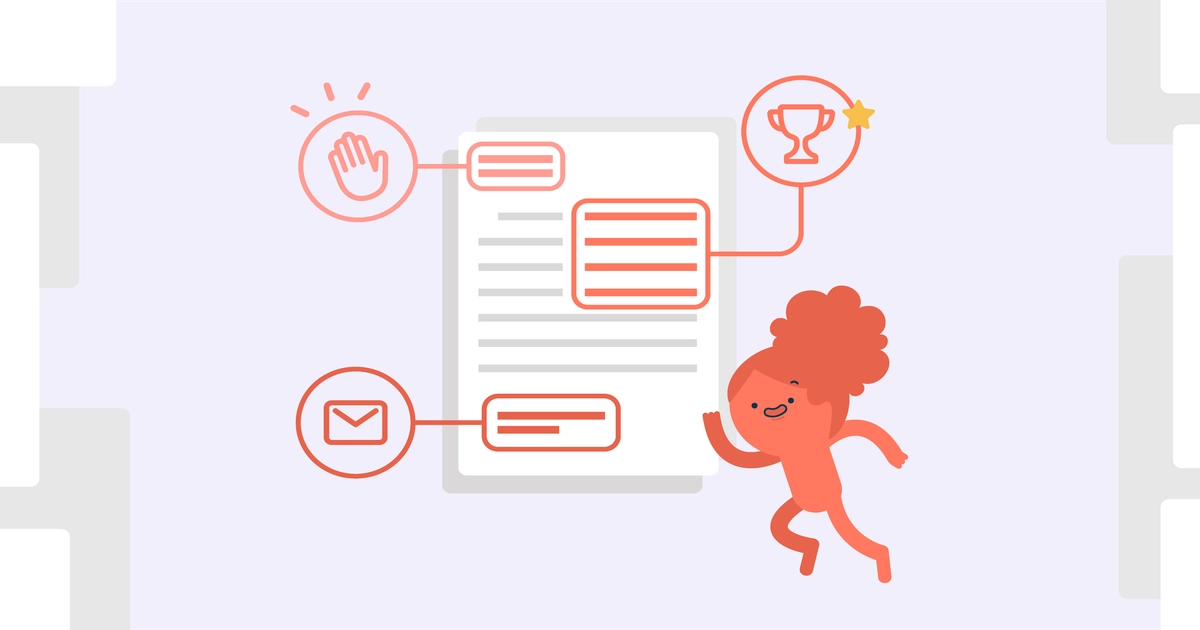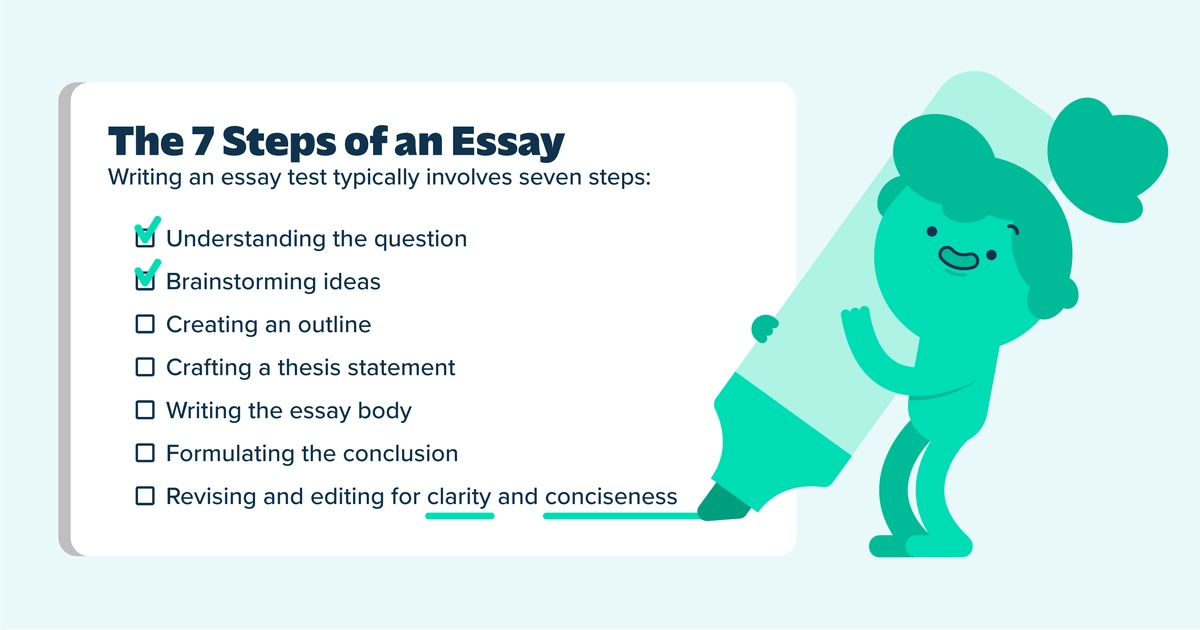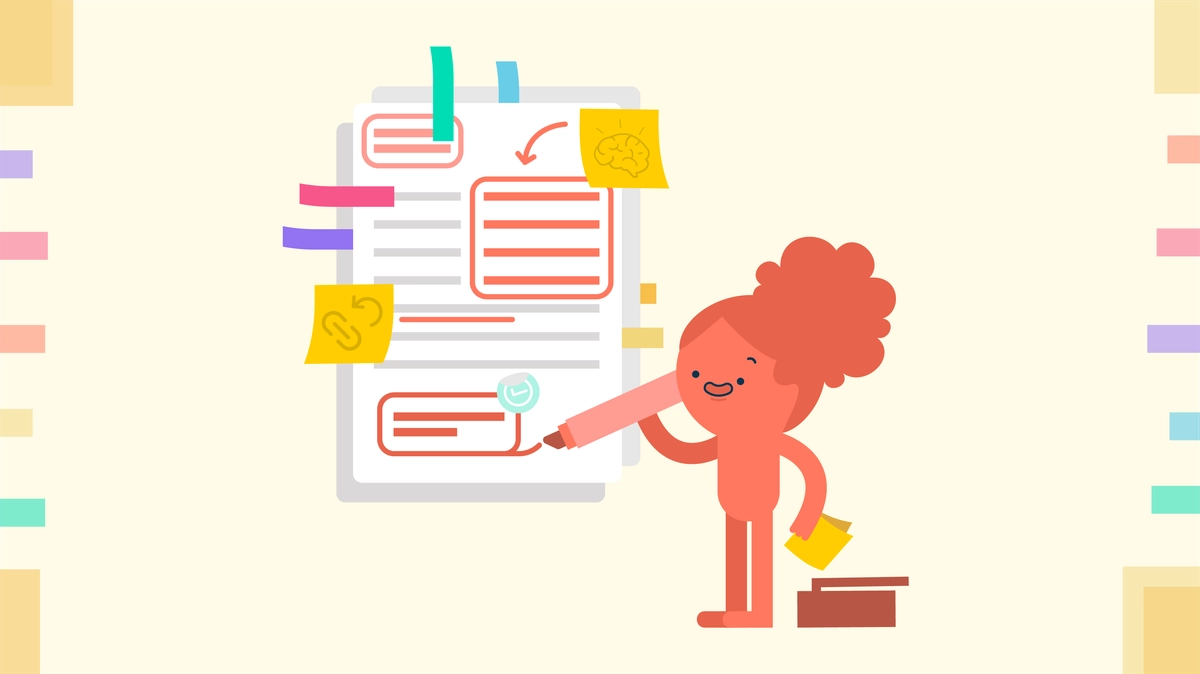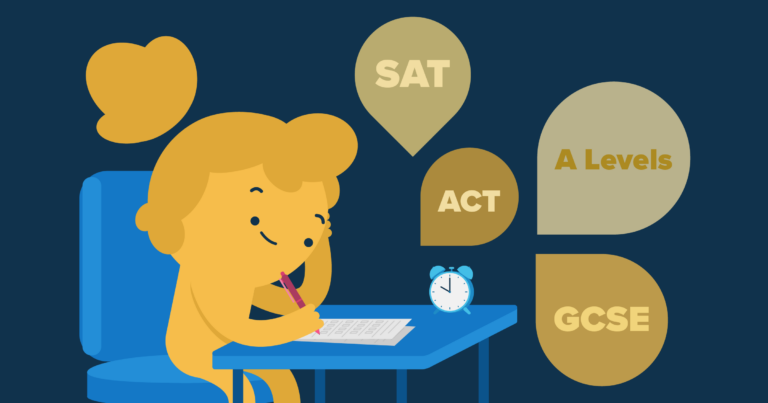What is an Essay Test?
An essay test is a type of assessment in which a student is prompted to respond to a question or a series of questions by writing an essay.
This form of test isn’t merely about checking a student’s recall or memorisation skills, but more about gauging their ability to comprehend a subject, synthesise information, and articulate their understanding effectively.
Types of Essay Tests
Essay tests can be broadly classified into two categories: Restricted Response and Extended Response.
- Restricted Response tests focus on limited aspects, requiring students to provide short, concise answers.
- Extended Response tests demand more comprehensive answers, allowing students to showcase their creativity and analytical skills.
Advantages and Limitations of an Essay Test
Essay tests offer numerous benefits but also have certain limitations. The advantages of an essay test are:
- They allow teachers to evaluate students’ abilities to organise, synthesise, and interpret information.
- They help in developing critical thinking and writing skills among students.
- They provide an opportunity for students to exhibit their knowledge and understanding of a subject in a broader context.
And the limitations of an essay test are:
- They are time-consuming to both take and grade.
- They are subject to scoring inconsistencies due to potential subjective bias.
- They may cause the students who struggle with written expression may face difficulties, and these tests may not accurately reflect the full spectrum of a student’s knowledge or understanding.
Understanding the Structure of an Essay Test
Essay tests involve a defined structure to ensure organised, coherent, and comprehensive expression of thoughts. Adhering to a specific structure can enhance your ability to answer essay questions effectively.
The 7 Steps of an Essay
Writing an essay test typically involves seven steps:
- Understanding the question
- Brainstorming ideas
- Creating an outline
- Crafting a thesis statement
- Writing the essay body
- Formulating the conclusion
- Revising and editing for clarity and conciseness
The First Sentence in an Essay
The initial sentence of an essay, often termed a hook, plays a crucial role.
It aims to grab the reader’s attention and provoke interest in the essay topic. It should be engaging, and relevant, and set the tone for the rest of the essay.
The 5-Paragraph Essay Format
The 5-paragraph essay format is commonly used in essay tests, providing a clear and organised approach for students to articulate their ideas. In this format, the introduction and the conclusion include 1 paragraph, while the body of the essay includes 3.
- Introduction: The introduction sets the stage, providing a brief overview of the topic and presenting the thesis statement – the central argument or point.
- Body: The body of the essay contains three paragraphs, each presenting a separate point that supports the thesis statement. Detailed explanations, evidence, and examples are included here to substantiate the points.
- Conclusion: The conclusion reiterates the thesis statement and summarises the main points. It provides a final perspective on the topic, drawing the essay to a close.
How to Prepare for an Essay Test?
Preparing for an essay test demands a structured approach to ensure thorough understanding and effective response. Here are some strategies to make this task more manageable:
#1 Familiarise Yourself with the Terminology Used
Knowledge of key terminologies is essential. Understand the meaning of directives such as “describe”, “compare”, “contrast”, or “analyse”. Each term guides you on what is expected in your essay and helps you to answer the question accurately.
To make it easier, you can take advantage of AI technologies. While preparing for your exam, use similar essay questions as prompts and see how AI understands and evaluates the questions. If you are unfamiliar with AI, you can check out The Best Chat GPT Prompts For Essay Writing.
#2 Review and Revise Past Essays
Take advantage of past essays or essay prompts to review and revise your writing. Analyse your strengths and areas for improvement, paying attention to grammar, structure, and clarity. This process helps you refine your writing skills and identify potential pitfalls to avoid in future tests.
#3 Practice Timed Writing
Simulate test conditions by practising timed writing. Set a specific time limit for each essay question and strive to complete it within that timeframe. This exercise builds your ability to think and write quickly, improving your efficiency during the actual test.
#4 Utilise Mnemonic Techniques
To aid in memorisation and recall of key concepts or arguments, employ mnemonic techniques. These memory aids, such as acronyms, visualisation, or association techniques, can help you retain important information and retrieve it during the test. Practice using mnemonics to reinforce your understanding of critical points.
Strategies to Pass an Essay Test
Passing an essay test goes beyond understanding the topic; it also requires strategic planning and execution. Below are key strategies that can enhance your performance in an essay test.
- Read the exam paper thoroughly before diving into writing: read the entire exam paper thoroughly. Understand each question’s requirement and make a mental note of the points to be included in each response. This step will help in ensuring that no aspect of the question is overlooked.
- Answer in the First Sentence and Use the Language of the Question: Begin your essay by clearly stating your answer in the first sentence. Use the language of the question to show you are directly addressing the task. This approach ensures that your main argument is understood right from the start.
- Structure Your Essay: Adopt a logical essay structure, typically comprising an introduction, body, and conclusion. This helps in organising your thoughts, making your argument clearer, and enhancing the readability of your essay.
- Answer in Point Form When Running Out of Time: If time is running short, present your answer in point form. This approach allows you to cover more points quickly, ensuring you don’t leave any questions unanswered.
- Write as Legibly as Possible: Your writing should be clear and easy to read. Illegible handwriting could lead to misunderstandings and may negatively impact your grades.
- Number Your Answers: Ensure your answers are correctly numbered. This helps in aligning your responses with the respective questions, making it easier for the examiner to assess your work, and reducing chances of confusion or error
- Time Yourself on Each Question: Time management is crucial in an essay test. Allocate a specific amount of time to each question, taking into account the marks they carry. Ensure you leave ample time for revising and editing your responses. Practising this strategy can prevent last-minute rushes and result in a more polished essay.
About the Author
Oğulcan Tezcan is a writer, translator, editor, and an accomplished engineer. Oğulcan is also a keen researcher and digital market analyst, with a particular interest in self-development, productivity, and human behaviour.









